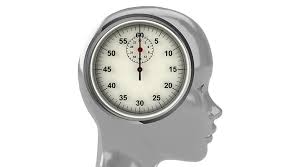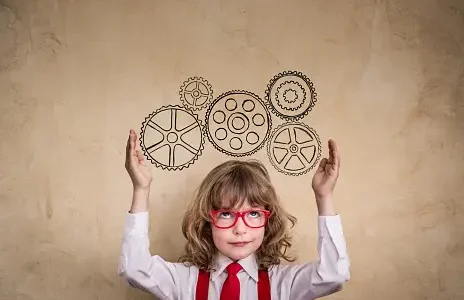
Reaction speed is a crucial aspect of various activities, ranging from sports to daily tasks. Whether you’re an athlete, a gamer, or simply looking to enhance your cognitive abilities, improving reaction speed can have significant benefits. In this guide, we’ll explore actionable strategies and techniques to boost your reaction time effectively.
Understanding Reaction Speed
Before diving into the methods to enhance reaction speed, it’s essential to grasp what reaction speed entails. Reaction speed refers to the time it takes for an individual to respond to a stimulus, such as a visual cue, auditory signal, or physical event. This ability is influenced by both physiological factors, such as nerve conduction velocity, and cognitive factors, including attention and decision-making processes.
Factors Affecting Reaction Speed
- Genetics: Genetics plays a role in determining an individual’s baseline reaction speed. While genetic predispositions may influence reaction times to some extent, they’re not the sole determinant.
- Age: Reaction speed tends to decline with age due to changes in nerve conduction and cognitive processing. However, regular practice and training can mitigate this decline.
- Physical Fitness: Physical fitness levels can impact reaction speed. Improving overall fitness, including strength, flexibility, and cardiovascular health, can contribute to faster reaction times.
- Neurological Factors: The efficiency of neural pathways and neurotransmitter function affects reaction speed. Strategies that enhance neural connectivity and neurotransmitter activity can lead to faster responses.
- Attention and Focus: Reaction speed is closely linked to attention and focus. Distractions or divided attention can impair reaction times, highlighting the importance of concentration-enhancing techniques.
Effective Strategies to Improve Reaction Speed
- Reaction Time Exercises: Engage in specific exercises designed to target reaction speed. These may include reaction ball drills, rapid visual recognition tasks, and auditory reaction games.
- Regular Physical Activity: Incorporate regular exercise into your routine to improve overall fitness and neurological function. Activities such as running, swimming, and agility training can enhance reaction speed.
- Coordination Training: Activities that enhance hand-eye coordination and proprioception can improve reaction speed. Examples include juggling, table tennis, and martial arts.
- Visual Training: Practice exercises that enhance visual processing speed, such as tracking moving objects or playing fast-paced visual games.
- Cognitive Training: Engage in brain-training activities designed to improve cognitive functions such as attention, memory, and processing speed. This can include puzzles, memory games, and cognitive training apps.
- Sleep Optimization: Prioritize adequate sleep to support optimal cognitive function and neural processing. Lack of sleep can impair reaction speed and overall cognitive performance.
- Nutrition and Hydration: Maintain a balanced diet rich in nutrients that support brain health, such as omega-3 fatty acids, antioxidants, and vitamins. Stay hydrated to support optimal cognitive function.
- Stress Management: High levels of stress can impair cognitive function and reaction speed. Incorporate stress-reduction techniques such as mindfulness, deep breathing exercises, and relaxation techniques into your daily routine.
- Consistent Practice: Improvement in reaction speed requires consistent practice and repetition. Dedicate regular time to reaction training exercises to see meaningful progress.
- Feedback and Assessment: Monitor your progress regularly and seek feedback from trainers or peers to identify areas for improvement and track your performance over time.
Conclusion
Improving reaction speed is a multifaceted process that involves addressing both physiological and cognitive factors. By incorporating targeted exercises, maintaining overall health and wellness, and practicing consistently, individuals can enhance their reaction times and perform better in various activities. Remember that improvement takes time and dedication, so stay committed to your training regimen, and you’ll reap the benefits of faster reaction speed. click here to visit website



